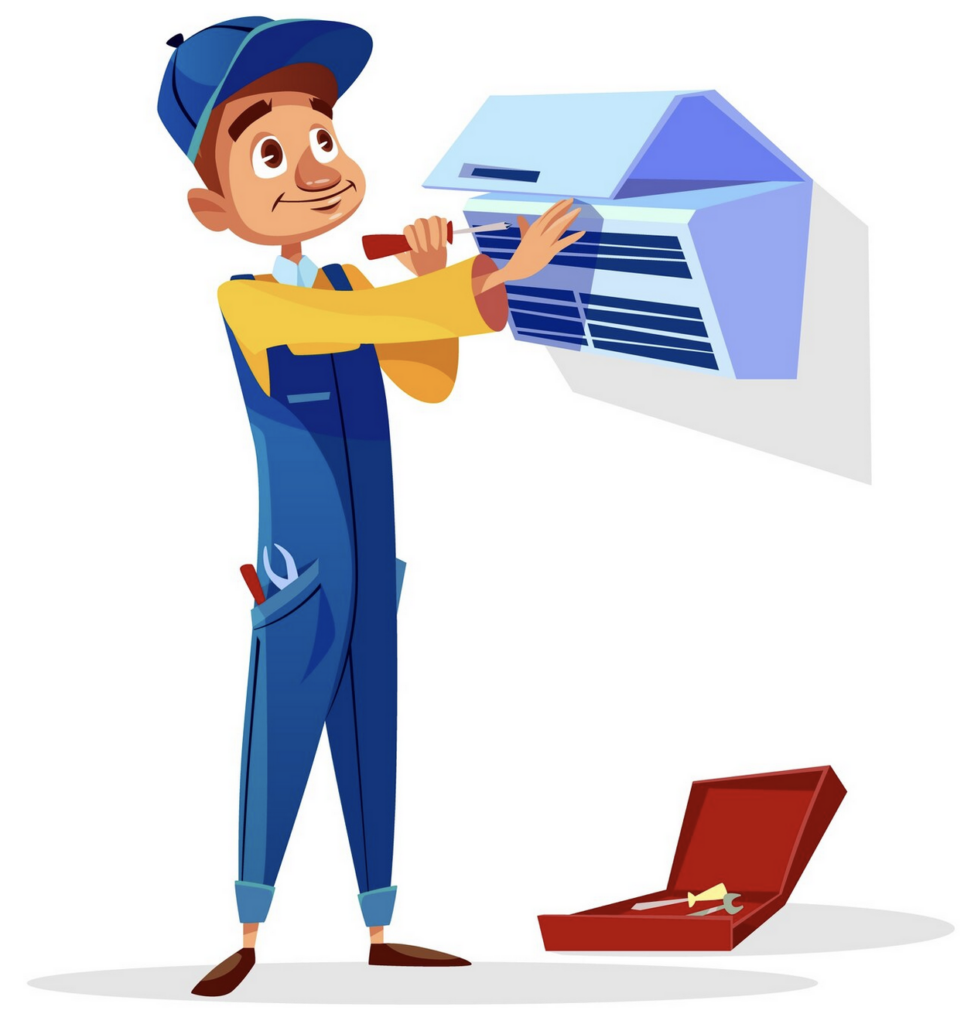
Understanding the Basics of Air Conditioning
Air conditioners are crucial in maintaining comfort in our homes, especially during sweltering summers. They draw warm air from the room, cool it through a refrigeration cycle, and release the cooled air back into the space. This continuous process helps to lower indoor temperatures and maintain a pleasant environment. However, air conditioners require regular upkeep to function optimally like any machine. Knowing how your air conditioner operates can enable you to identify any problems before they become expensive. Furthermore, you may avoid hot days without air conditioning by understanding when to get air conditioning repair services. Regular maintenance ensures reliability and enhances energy efficiency, keeping your home comfortable without skyrocketing utility bills.
Routine Maintenance Tasks
Maintaining your air conditioner involves several key tasks that ensure it operates smoothly and efficiently. One of the most critical elements is cleaning and replacing air filters. These filters trap dust and pollutants, and when clogged, they can impede airflow, forcing your system to work harder. It’s advisable to check and replace filters every month, especially during periods of heavy use. Another essential task is inspecting and cleaning the coils. Over time, dirt can build up on evaporator and condenser coils, decreasing their capacity to absorb heat effectively. Cleaning these coils annually can significantly impact your system’s performance.
Signs Your Air Conditioner Needs Repair
Recognizing the signs that your air conditioner may need repair can prevent minor issues from turning into major ones. Common indicators include unusual noises, such as clanking or hissing, which could signal loose parts or refrigerant leaks. Another red flag is a noticeable decline in cooling efficiency, where your air conditioner needs help maintaining the desired temperature. This could be due to blocked airflow, compressor issues, or low refrigeration levels. By being aware of these signs, you can take control of the situation and ensure your home remains cool and comfortable, giving you a sense of empowerment and peace of mind.
Keep an eye on your energy bills, too. A sudden increase without a corresponding hike in usage might indicate your system is working harder than necessary due to an underlying issue. Early detection of these signs can help you avoid costly repairs and maintain a calm and cozy home.
Benefits of Regular Maintenance
There are several advantages to routinely maintaining your air conditioning system. Above all, it prolongs your unit’s life, preventing the need for an expensive replacement. Regular maintenance can also increase your system’s efficiency, reducing energy use and power expenses. Cleaner, well-maintained air conditioners improve indoor air quality by reducing allergens and dust, creating a healthier home environment.
According to the Department of Energy, effective heating and cooling systems may drastically lower energy use, which benefits the environment and your pocketbook. Frequent maintenance ensures your air conditioner runs appropriately when needed by assisting you in identifying problems before they become serious.
DIY Troubleshooting Tips
Before calling professional help, you can try simple troubleshooting steps to ensure the thermostat settings are correct and the device functions properly. Adjusting the thermostat can solve minor issues. Next, confirm that the air filter is clean and properly installed. A clogged filter can reduce airflow and system efficiency. Successfully troubleshooting these issues alone can give you a sense of accomplishment and resourcefulness. However, it’s crucial to know your limits. If the problem persists, it might be time to call a professional technician.
When to Call a Professional
While some air conditioning problems can be solved using DIY methods, there are times when expert intervention is the best option. Professional diagnosis and repair are necessary for complex issues, including electrical malfunctions, motor troubles, or refrigerant leakage. Attempting to fix these alone can cause further damage and pose safety risks.
Selecting a reliable HVAC technician involves checking their credentials, experience, and customer reviews. A qualified professional will have the tools and knowledge to address problems efficiently and safely, restoring your air conditioning system to optimal performance without unnecessary delays.
Energy Efficiency and Cost Savings
You may save much money by making your air conditioner more energy efficient. Simple measures like installing a programmable thermostat allow for more precise temperature control, reducing unnecessary energy consumption. Additionally, sealing and insulating ducts can prevent cool air from escaping, making your system more efficient.
As the Environmental Protection Agency suggests, these energy-saving strategies lower your bills and reduce your carbon footprint. By investing in efficiency, you’re contributing to a more sustainable environment while enjoying financial savings.
Common Air Conditioner Problems
Several common issues can compromise your air conditioner’s performance, with refrigerant leaks particularly problematic. The cooling process depends on refrigerants, and a leak might lower your unit’s performance and require urgent repair to avoid compressor damage. Another frequent problem is drainage issues, where water doesn’t drain properly due to a clogged drain pipe or a malfunctioning pump.
These problems can lead to water damage and reduce the effectiveness of your air conditioning system. By being aware of these common challenges, you can proactively address them, ensuring your air conditioner remains reliable and efficient.

